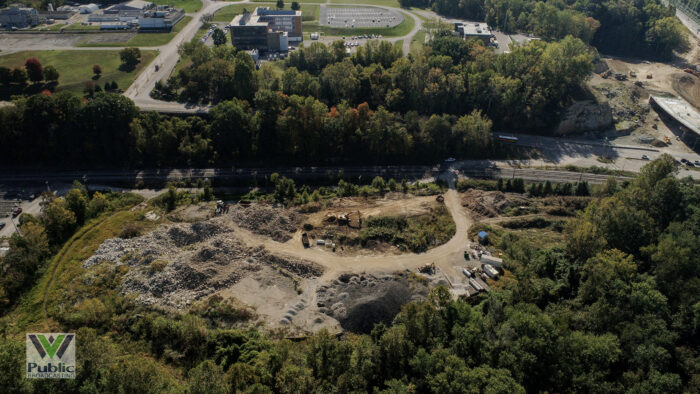Lawyers for a company suing Union Carbide faced skepticism from three U.S. Appeals Court judges on Thursday.
The Courtland Company presented its case to the U.S. Court of Appeals for the Fourth Circuit in Richmond, Virginia.
Courtland appealed a lower court’s decision last year to fine Union Carbide $200,000 for violations of the Clean Water Act from an industrial waste disposal site in South Charleston.
Courtland had sought far more in civil penalties for Union Carbide’s Filmont Landfill.
Courtland’s attorneys faced aggressive questioning from the three judges, who seemed to give deference to Senior Judge John T. Copenhaver Jr.’s earlier ruling in the U.S. District Court in the Southern District of West Virginia.
Courtland attorney Michael Donovan told the court that Copenhaver erred in his ruling.
“I stand before you at 40 years of enforcing state and federal environmental laws before the courts,” Donovan said. “I tell you it’s egregious and unprecedented in any court.”
Judge Julius Richardson, appointed by President Donald Trump, pushed back.
“I appreciate your 40 years,” Richardson said, “but if we want to start comparing years, I’m not sure that’s going to go to your benefit here, given the district court judge.”
Copenhaver has been on the federal bench for 50 years and will turn 100 on Sept. 29. He was appointed by President Gerald Ford.
Union Carbide applied for a stormwater discharge permit from the West Virginia Department of Environmental Protection late last year. It was approved.

























